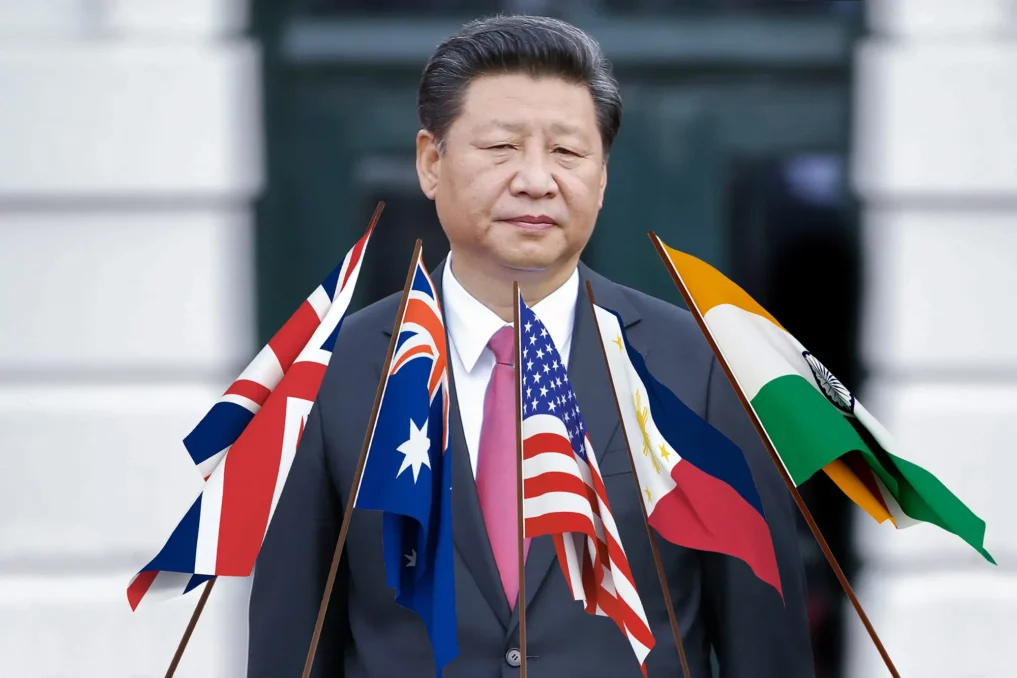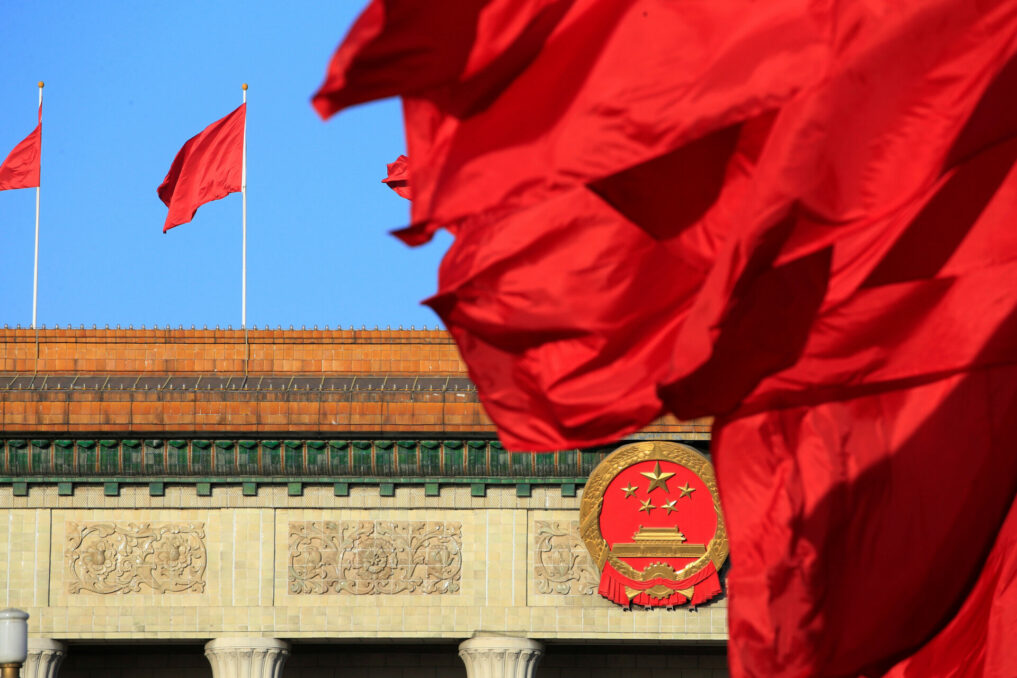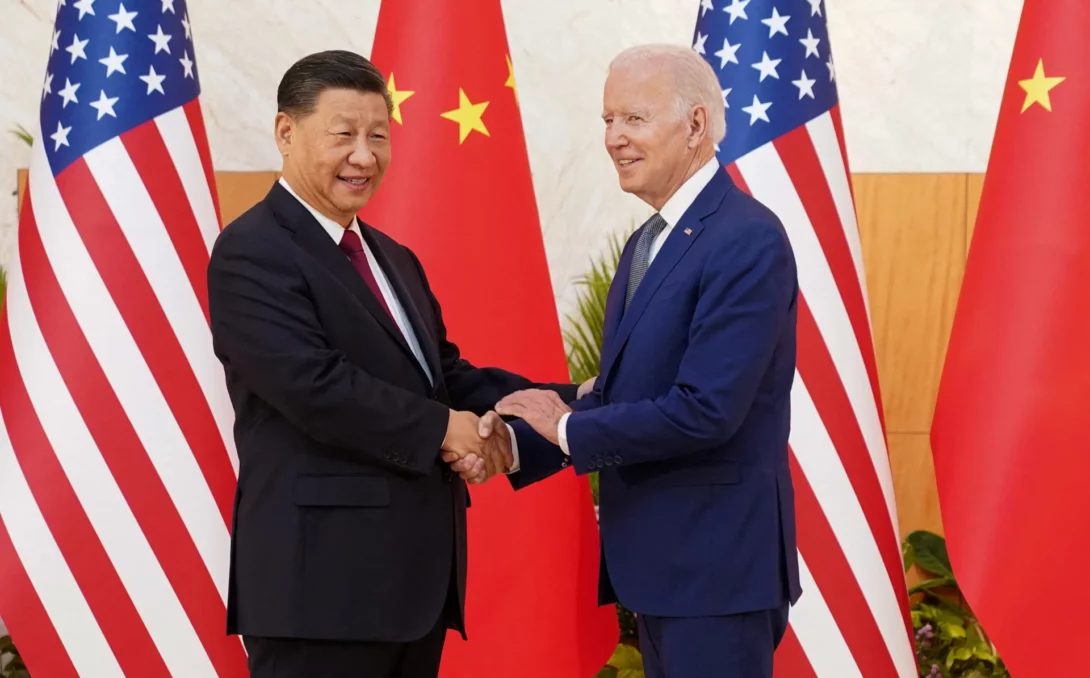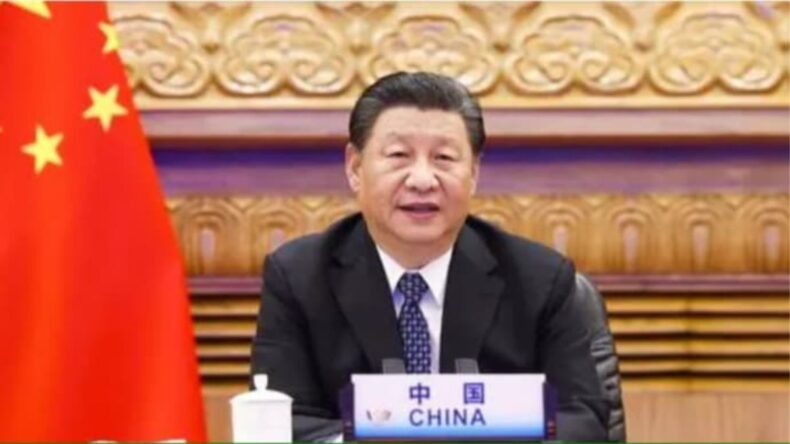The Chinese government has reportedly passed a new law that will add to Xi Jinping’s vast powers and assert the nation’s interests on the world stage. It’s been declared as the first comprehensive legal framework to fix loopholes in the rule of law in global affairs. It threatens to punish entities that act in ways detrimental and harmful to China’s interests but no specifications have been made about what exactly this entails.
The New Law:
Academic analysts concur that this is a move to reaffirm China’s imposing diplomacy, although it is unclear how actively this would be done after it goes into effect on July 1. Jacques deLisle, a political science and law professor from the University of Pennsylvania, has said much of the law is empty rhetoric and intimate. Still, it dictates a more assertive foreign policy and more vigorous pushback against the US.
The new policy is being referred to as a crucial step in enhancing the legal arsenal against Western dominance. It’s a method for the Chinese administration to actively pursue their interests in ways that call for more pressure and coercion while maintaining the attraction of cooperation and economic profitability. This new step could either result in greater global compliance or insurgence from other governments.

Foreign companies might be forced to rethink their exposure to the Chinese market and the public positions they assume, especially political ones. The legislation has provided even more legal ground for the investigations of firms that have been happening. Its purpose is to strengthen its ability to fend off sanctions and stop other governments from “bullying” it.
What it means for China:
The law has been taken to define the spirit of foreign relations China wishes to uphold. To maintain its system of socialism with Chinese features, protect its sovereignty, unity, and territorial integrity, as well as advance its economic and social growth, it engages in international affairs. Moreover, these are to be conducted under the guidance and ideologies of Xi Jinping, Mao Zedong, and Marxism-Leninism among others.

This legislation has for the first time put in words that it is the Communist Party instead of the state which directs foreign policy and is a serious representation of Mr. Xi’s ever-increasing power and grip on the country. It is an important method to strengthen the Communist Party and make its leadership over global policies centralised and unified. Diplomat Wang Yi has mentioned that this is a direct result of the multiple challenges which China is facing. They’re making efforts to maintain their strategic capacity and deftly use the weapon of the rule of law to improve their legal toolkit.
US-China Relations:
Relations between the US and China have been strained in the years to come, with the two countries engaged in a series of ‘tit-for-tat’ trade sanctions. Both President Joe Biden and his predecessor Donald Trump have called it the most serious threat to long-term US global primacy. This year Chinese authorities raided and shut down the local offices of several US-headquartered consulting firms.
This has been widely interpreted as a retaliation to the growing technology and trade restrictions from the US. The US has imposed sanctions on a wide number of Chinese companies and individuals, accusing them of human rights abuses. These have hit the Chinese incorporations pretty hard, forcing them to slash jobs and put expansion plans on hold.

This law gives China a broad horizon: it could be used to defend a political position when the nation refuses to enforce international treaties under claims of ‘sovereignty, national security and public interests’. It also sets the stage for them to eventually apply domestic laws internationally.
Overall implementation of the legislation can only be understood with time, depending on the court’s interpretation of it and the repercussions. It has been speculated that the US is trying to use India to fight China’s rise by strengthening its proximity to India. It does not help that our border clashes with them have added to the tension. India needs to be cautious about this hegemony and ensure not to be the one getting caught in the crossfire.













